Suicidal Behavior and Social Networks: Opinion Article by Luis Fernando López-Martínez
The Internet and Social Networks is destined to play a leading role in suicidal behavior and its prevention.
Suicidal behavior, as has been reported through studies of the phenomenon, is the result of a multiplicity of factors and variables that interact with each other throughout the history of the subject, leading to the act of killing oneself. In this sense, the emergence of new forms of communication and social interaction, favored by the insertion in the social DNA of Social Networks and the Internet and their applications, represents a new scenario and with it, a new problem for its prevention. It is in this context that the term cybersuicide is born, thanks to the development and empowerment of Information and Communication Technologies. The concept refers to the action of taking one's own life, motivated by the influence, among other variables, of observing and interacting with web pages and social networks, most of which host prosuicidal content, forums and chat rooms (López-Martínez, 2020).
Recent studies carried out in Spain from the University of Zaragoza (García-Martínez et al., 2022), in line with this, have revealed the importance of the use of Social Networks for the identification of people at risk of suicide following the analysis of the digital behavior of digital natives and their needs for expression of sadness and hopelessness on the Net. The influence of Social Networks and the Internet as a source of information on suicidal behavior and self-harm is thus a reality, a new problem added to the already difficult task of its prevention, and a tool that requires research that raises concerns and questions regarding its use as an evaluation tool for the assessment of suicide risk (López Martínez et al, 2022).
In relation to this, recent research carried out from ISNISS Project has maintained the objective to study the relationship between the use of Social Networks and Internet (RRSSI) and suicidal behavior in adolescents (López-Martínez et al; 2021) as well as its relationship with self-injurious behaviors (Carretero et al; 2021) whose results confirmed a significant relationship between the use of RRSSI, suicidal behavior and self-injury respectively.
There is no doubt that social networks and the Internet promote the social and psychological interaction of their users, allowing easy, immediate and rapid access to a wide range of information on suicide, which has both negative and positive consequences. It is precisely this ambivalence of negative effects (prosuicidal information) and positive effects (resources and information for personal help, moral support, etc.), which raises the question of whether the Internet, used properly and with appropriate legislative control, would be a channel that could be used in an active way for suicide prevention (López-Martínez, 2020).
The Internet and social networks are destined to play a leading role in suicidal behavior and its prevention. The influence of the Internet as a source of information on suicidal behavior is already a reality, its presence is undeniable, which raises a body of questions and issues that need a multidisciplinary approach to provide answers that serve as guidelines for prevention from professional, personal and institutional environments (López Martínez et al, 2022).
The search for a balance between freedom of expression, the global nature of the Internet and the safety of users who make use of these media as a channel of information to commit suicide, as well as research that provides tools and instruments for the evaluation of positive and negative emotions on the Net, especially those related to the expression of suicidal risk and self-harm, is therefore everyone's responsibility.
Luis Fernando López Martínez.
General Health Psychologist. Adult/adolescent psychotherapist and trainer. Co-Director and creator of the ISNISS Project of the Doctoral Program in Health Psychology of the UNED. Technical Coordinator of the Let's Talk about Suicide Program of the Official College of Psychology of Madrid. Doctoral researcher of self-injurious and suicidal behaviors in digital environments, social networks and Internet. Master in General Health Psychology. Master in Humanistic Psychotherapies. Master in Community Intervention. Master in Mediation and Conflict Resolution. Expert Technician in Gender Violence. Expert in Bereavement. Expert in prevention and intervention in suicidal behavior. Expert in social networks and Internet.
Author of the published works Peajes Emocionales: un viaje de tu interior and Duelo, autolesión y conducta suicida: desafíos en la era digital and Guía Práctica de la Autolesión y el Suicidio en entornos digitales.
Professional member and founding partner of the professional association Papageno.es (association that brings together more than 30 experts in the prevention and treatment of suicidal behavior internationally). Member of the Spanish Association of Neuropsychiatry and Mental Health - AEN. Founding member of the Spanish Society of Suicidology and professional member of the group of study and research of suicidal behavior of the COP-M.
Collaborator and disseminator in the media and press, associations and public and private institutions on mental health, prevention and intervention in self-destructive, disruptive, suicidal and self-injurious behaviors in social networks, Internet, NN.TT. and ICT.

